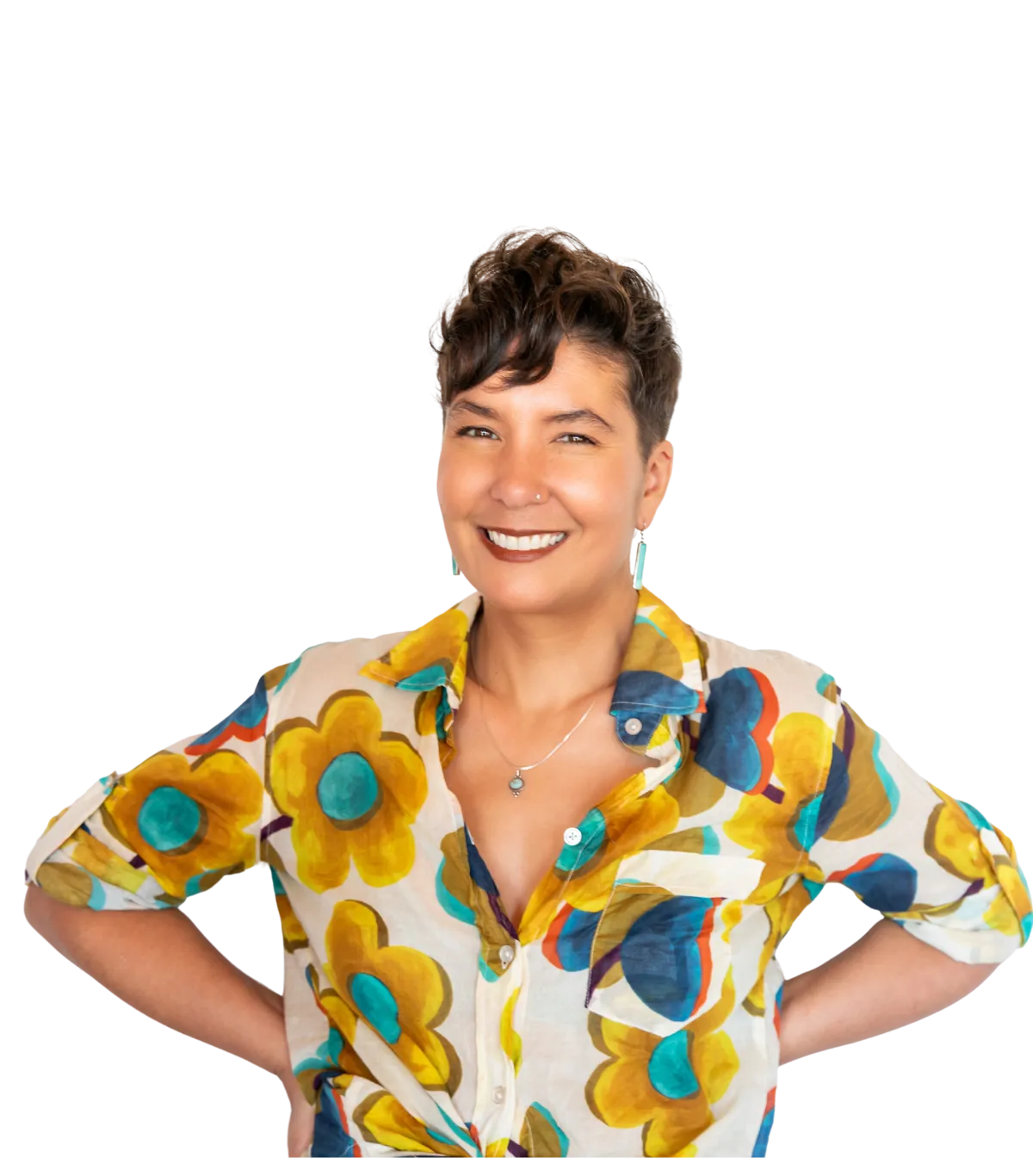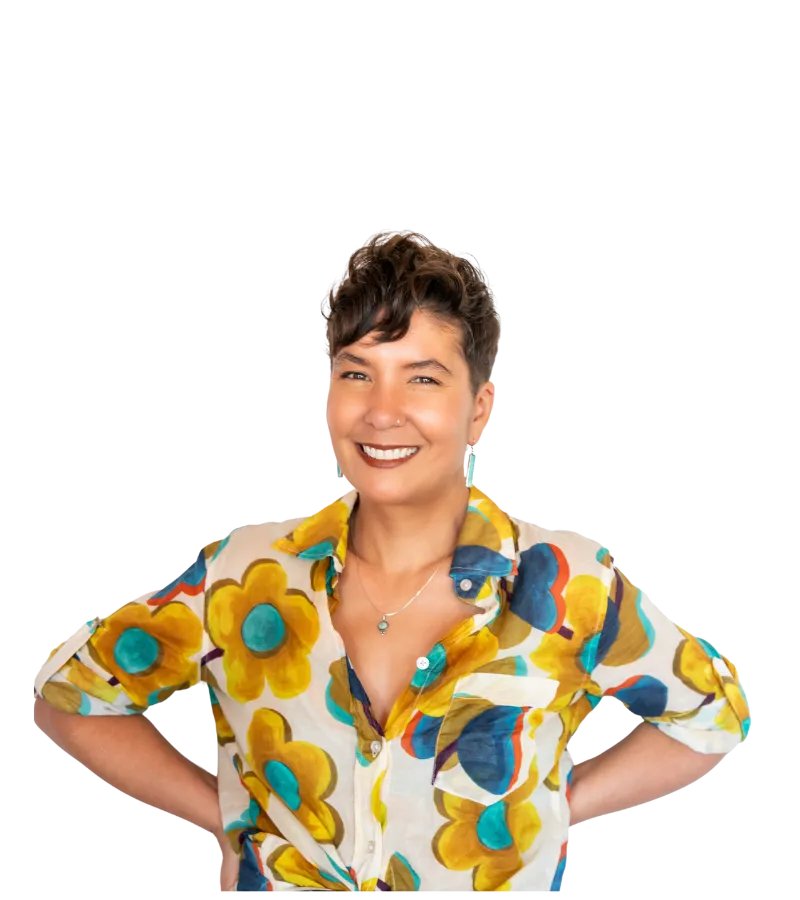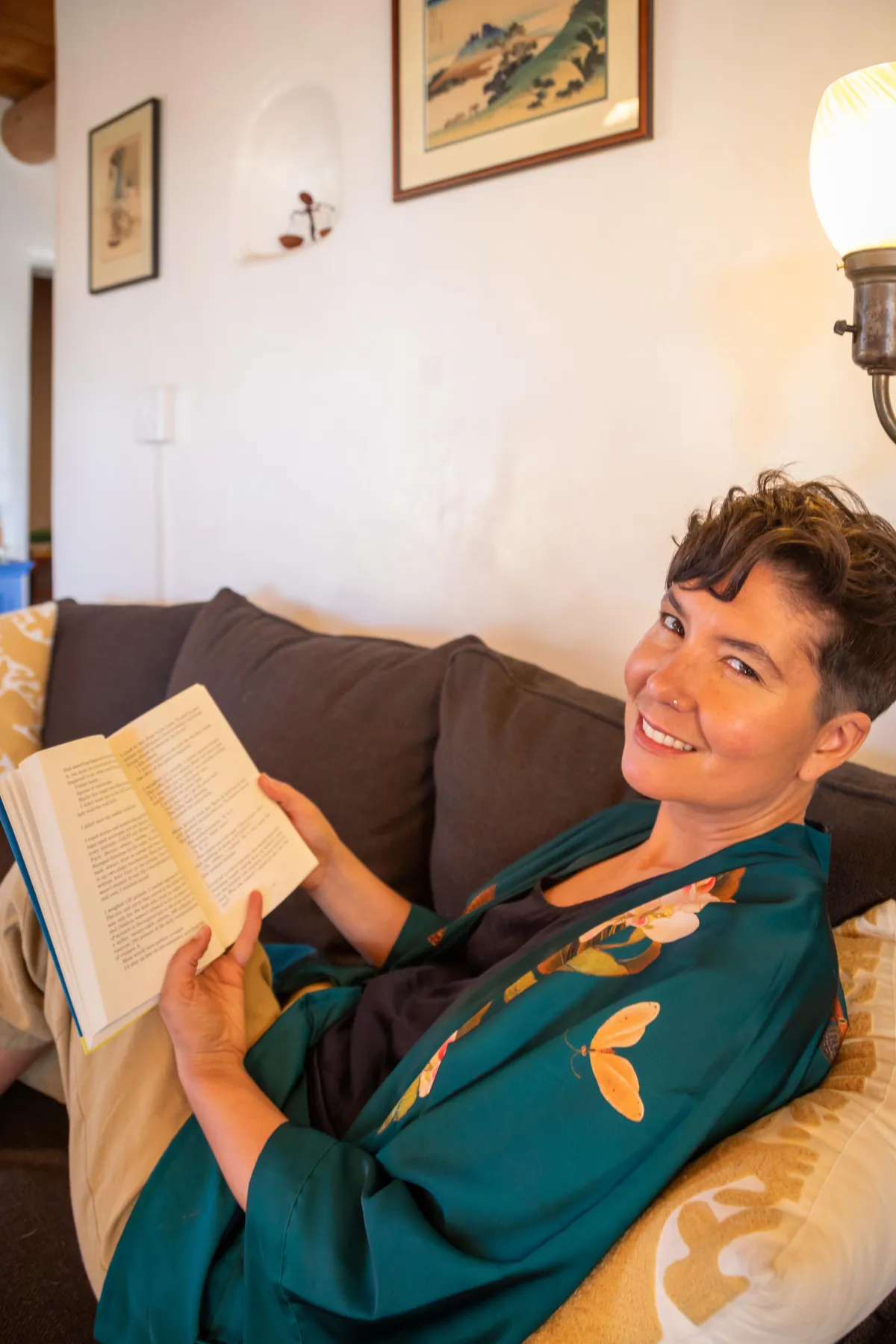
WHAT WE DO
Tell your story.
Change the world.
Workshops Against Empire is the ONLY program that combines a complete framework for writing a publishable novel with a focus on the social impact of your story.
That’s right. An alternative MFA in Writing program with social justice at its core.
WHAT WE DO
Tell your story.
Change the world.
Workshops Against Empire is the ONLY program that combines a complete framework for writing a publishable novel with a focus on the social impact of your story.
That’s right.
An alternative MFA in Writing program with social justice at its core.
TELL YOUR STORY
CHANGE THE WORLD
Workshops Against Empire is the ONLY program that combines a complete framework for writing a publishable novel with a focus on the social impact of your story.
That’s right.
An alternative MFA in Writing program
with social justice at its core.


You believe in your novel,
and you’ve worked hard on it.
You know the sort of impact it could have on your readers—and even the world.
You’ve read all the books, and probably worked with academic mentors and editors as well.
But you still haven’t broken through with your first book deal.
Before you decide that you’re just not good enough, or smart enough— or white enough, or male enough—let me share a little secret
The way creative writing is taught in school generally offers very little insight into what it actually takes to write a publishable novel.
And working with editors may show you what’s not working in your novel, but not WHY it’s not working, on a deeper level—and how to avoid the same issues in the future.
Moreover, the way creative writing is taught at the college level is generally designed to center the stories of the privileged few—and working with editors through draft after draft of your novel is EXPENSIVE.
There is a better way to learn how to write a publishable novel— as you write or revise one.
Story has the power to heal, help, and make whole
The right story at the right time can change your entire life’s trajectory.
The right story at the right time can actually save your life.
(If you’ve ever experienced a true dark night of the soul, chances are,
you know exactly what I’m talking about.)
As a person of conscience, I used to struggle with my role as a fiction writer in the face of injustice.
I cared deeply about social issues, and about the environmental crisis—but what difference did my art really make in the face of all that?
The older I’ve gotten, though, the more I’ve come to realize that every problem we face in society, at root, a cultural problem.
And here’s the thing: stories shape culture.
Today I know that stories really do have the power to change the world.
That’s why I created Workshops Against Empire:
To give storytellers who care about the social impact of their novels the skills they need to actually get published.
So their voice and vision can live in the world.

Hi there, I’m Susan
I help writers who care about the social impact
of their stories master the art of fiction—so they
can break through with their first published novel,
and have a deep impact on their readers.
Workshops Against Empire is a proven framework
for doing that— one that has helped hundreds of writers
close the gap between the story in their heads and
the one that’s actually on the page.
Workshops Against Empire
a unique synthesis of the craft based on:
1. My experience as a writer (25+ years), and my understanding of the creative process from the writer’s point of view.
Many approaches to story structure miss that part, especially when they’re created by people who aren’t writers themselves. (Have you noticed?)
2. My experience as an editor (10 years), and my understanding of what it takes to produce a publishable manuscript
It’s easy to waste time as a writer—like, years of your life—by working in ways that are WILDLY inefficient, and will never actually get you over the finish line with your draft. My years as an editor showed me that there is a process for getting a manuscript in shape to publish, and it’s one that anyone can learn.
3. My experience as a book coach (6 years)
I understand what it takes to help a writer level up with their craft I know where people get stuck, I know WHY they get stuck, and most importantly, I know what it takes to get them unstuck—so they can avoid winding up in the same position with their next book.

Caption: From my AWP panel, Agents of Change: The Activist Protagonist, with Rene Denfeld,
Julia Stoops, Carrie Luna, and Aya de León—authors of socially engaged
fiction having a big impact on the world!
If you’re reading this, you’re a smart person.
(Writers in general tend to be smart people—because, you know, we read a lot of books.)
You’re the kind of person who could talk for hours about the pivotal, unsung role of women in the French Resistance.
You’re the kind of person who and genuinely LOLs at a good double entendre.
You’re the sort who, when they’re watching a movie with others, knows exactly where the story is going before anyone else.
I’m a smart person too. But the way I was taught creative writing made me feel dumb.
I studied creative writing in both high school (at a boarding school for the arts) and college—but when I tried to write a novel,
I found myself stuck in the Messy Middle of a novel I had no idea how to actually turn into a publishable manuscript.
(Maybe you’ve been there too.)
I thought that was just because I didn’t know enough yet—so I went back to school for my MFA in Fiction.
And I met some great mentors there, but I was confused to find that they didn’t seem to have answers to what struck me as some pretty straightforward questions:
How do you figure out the plot of your novel?
How do you know if your climax is working?
How do you create complex characters?
How do you make your story emotionally affecting?
Maybe you’ve felt the same way in creative writing workshops.
Maybe you’ve felt the same way reading books on craft and trying to apply them to your work.
Maybe you’ve wondered, the way I did, if there was something wrong with your story
—or worse, something wrong with you.
Rest assured, it’s not you—the way fiction writing is generally taught really does not make sense.
It doesn’t make sense because…
Great authors aren’t necessarily great teachers (nor do they even necessarily understand what they’re doing when they write—at least in any sort of replicable way)
MFA programs tend to focus on the short story, because it’s easily workshopped (but knowing how to write publishable short stories will NOT teach you how to write a publishable novel)
Generally speaking, fiction writing is taught BACKWARDS—beginning at the level of the sentence and then progressing to the level of scene, with very little instruction at all, if ever, on big-picture structure (which is wild because that’s the exact opposite of the most effective way to actually write)
That’s why I created Workshops Against Empire—to cut through the crap, frankly, and to offer some straightforward answers to those questions I had in grad school, and other key questions for any novel you might want to write.



I'm absolutely LOVING the courses. I've never gotten so much from any creative writing teacher as I have from you.
L. Lundgren
I am loving the clarity and precision of your teaching!
J. Linden
I know what I need to say in my current project but have struggled to pull it together with a plot-centric approach. I finally know why! It is because the character arc needs to lead the way (with strong plot of course). I share this because if you were not doing what you are doing, I would not have uncovered the true power of my story. Thank you!
K. McKernan
Free resources to level up your game with fiction


FREE QUIZ
How Close to Publishable Is Your Novel?
An in-depth assessment designed to reveal EXACTLY what to focus on next in order to produce a publishable version of your manuscript.
FREE E-BOOK
Cracking the Code: 10 Critical Craft Techniques
That Will Get Your Novel Published
Ever wonder what it is agents and editors are actually looking for when they read a novel on submission?
Here’s a comprehensive list, complete with a checklist you can apply to your novel.
WHAT PEOPLE ARE SAYING ABOUT US


Sincerely, this has been the single best investment I’ve made in a craft class.
C. Wilcox
Thank you on repeat - these courses have been life-changing.
Laurie Porte


I've been investing in webinars and classes and craft teaching for a decade, but your first lecture here has cracked open what hooks me in a first page like nothing ever has. So glad I signed up!
C. Campbell
Can your story hold a reader’s attention for 300 pages? Even if you’re a terrific writer with a fabulous idea, probably not. A zillion books and conferences and coaches might help—but without getting to the crux of the matter, where transformation can happen. That’s exactly what Susan does. Her approach to structure is the holy grail of storytelling.
P. Kealey
Novelists: What do you ACTUALLY need to focus on in order to get over the finish line with your novel?
Get clear on exactly where you are with your current work-in-progress—and exactly what it will take to get it shape to publish, so it can have the kind of impact on readers you’ve been dreaming of.
EXPLORE
ON SOCIAL
FREE SPACE
